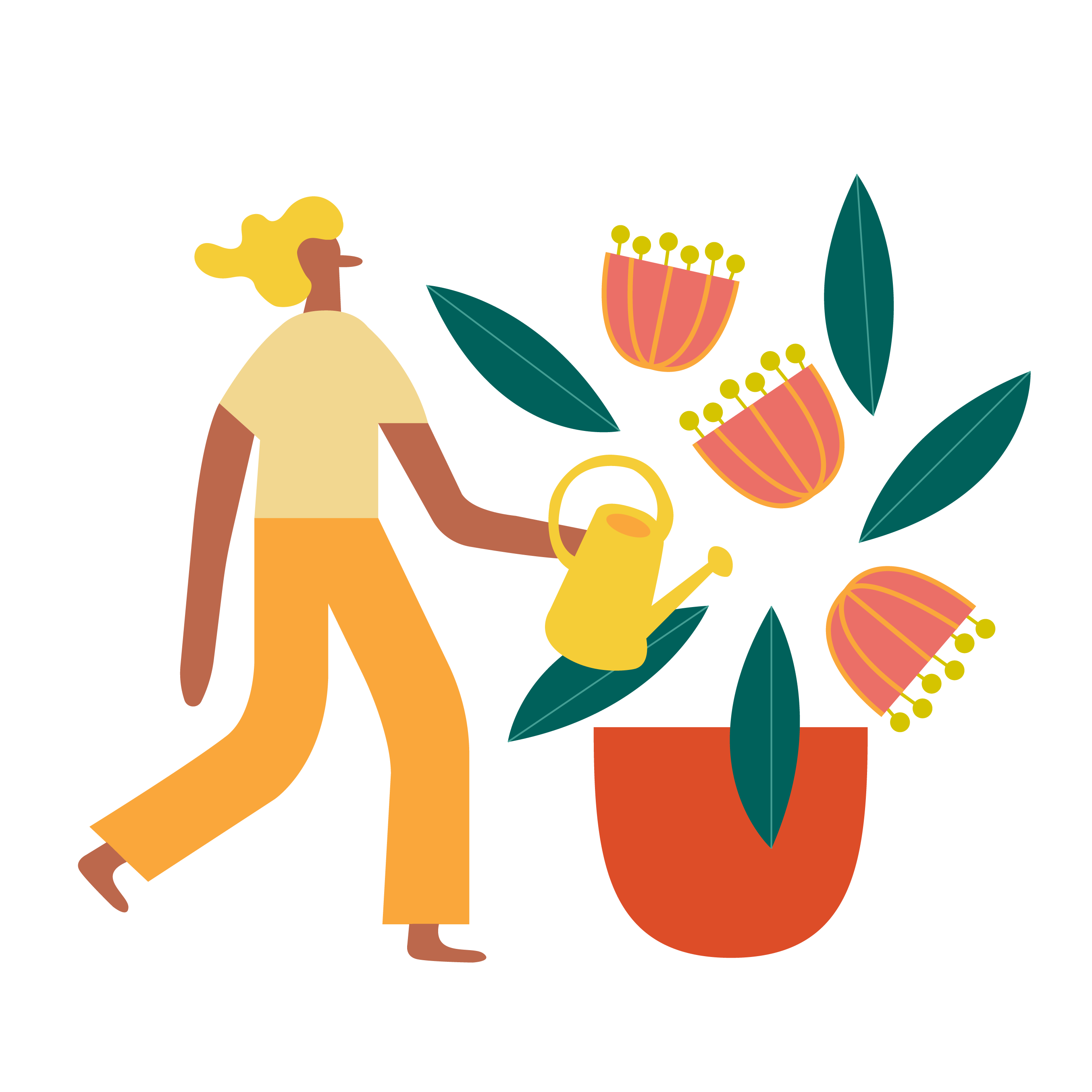
Personal Growth

Growth mindset

Finding meaning

Social connection
Sound familiar? Take an assessment now to find out your current level of wellbeing
What supports personal growth?
There isn’t a one size fits all approach when it comes to personal growth and development. You need to find the tools that work for you.
It's important to value self-development and take the time to focus on self-reflection, develop wellbeing tools, and get out of your comfort zone.
The key is to get into a growth mindset. This is where you recognise that you can do things to develop your character, intelligence, and creative abilities. A person with a growth mindset thrives on challenges, sees failure as important information for improvement, and realises they can develop their capacity for happiness through openness to experiencing all feelings.
Personal growth can also include getting guidance through counselling, coaching, and online resources. You can easily find a therapist on Clearhead to support you in your personal development.

How can I improve my personal growth?
Here are three areas you can focus on:
Skill Development
This isn’t about learning to play basketball, or getting good at juggling. It’s the development of personal skills to improve your wellbeing and resilience, as well as improving your relationships with others.
Mental Growth
This is the process of growing and strengthening your mind.. In the same way you go to the gym to improve your physical fitness, you can exercise your mind too.
You can develop useful mindsets, challenge unhelpful thoughts, build your self-worth, and concentrate on staying in the moment.
Habit Creation
Having routine activities and positive thoughts can really help to maintain your day-to-day wellbeing. Habits can help you to implement healthy skills and mindsets automatically, rather than needing to think about how you respond to different situations.

How to help someone else grow personally?
The best thing you can do to support others is to be a living example of someone who listens to others, makes time for self-reflection, and lead an inspiring life.
It’s important not to force advice on people – it can backfire if it makes someone feel inferior to you. Either give it when they ask or check in to see if it’s what they need. Often just being there and providing a listening ear is all people need to grow.
If someone you know does want advice then make time to show them a personal tool that might help them with their situation.
For example, you could show them your time management system - your “to- do” list, calendar, etc., and send them the apps you use. It’s important to encourage them to adapt to whatever works for them, rather than getting caught up in what you think is best.




